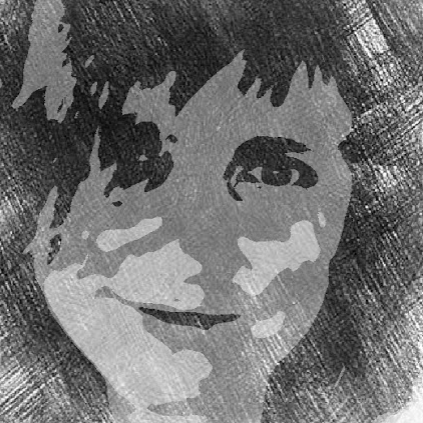
At last, the much-anticipated certainty is finally here: Rotterdam is going to get a Hyperloop experience center. This is where consumers can experience what it will be like to cover long distances with the ultra-fast floating metro. This became apparent from the implementation plan for Rotterdam’s 2020-2022 energy transition that the city council had discussed last week. The hyperloop experience center has been earmarked for a subsidy of €150,000 in this policy memorandum.
The experience center will be part of the Mobility Campus located in the M4H area of Rotterdam West. According to the memorandum, the city of Rotterdam will reserve €300,000 for the Mobility Campus itself. This campus will be a gathering place where test centers can be set up for large companies. Such as automobile manufacturers who want to experiment with hydrogen-powered cars, to name an example. There will also be an area with workplaces for innovative start-ups active in the field of mobility.
European support
The Hyperloop is being developed with European support and is an initiative of the Dutch, Delft-based Hardt company. It can travel up to a thousand kilometers per hour through a vacuum tube with the aid of a magnetic field. This method of transportation can compete in terms of speed with airplanes over shorter distances. Because the Hyperloop is powered by an electric motor, there are no CO2 emissions.
The advent of the experience center for the Hyperloop puts Rotterdam in the spotlight. Last summer, the unveiling of Hardt Hyperloop’s track switching technology at the test site in nearby Delft attracted visits from the former European Commissioner for Transport, Violeta Bulc, and Dutch Transport Minister Cora van Nieuwenhuizen. They are important political contacts for gauging business opportunities for municipal authorities.
The Dutch city of Groningen announced at the end of last year that it will invest €3 million in the installation of the three-kilometer-long test tube for the Hyperloop. This test location will also feature an experience center.
Competing with Groningen?
The question is whether the separate Hyperloop test centers will compete with each other. A trip by train from Brussels to Rotterdam takes just over an hour. Traveling on to Groningen takes a few more hours. Consequently, coming from that region, the new experience center in Groningen will certainly cost visitors a bit more in time and effort.
The investment by the municipality of Rotterdam in the Mobility Campus and the experience center is part of a major fund to make the energy transition in Rotterdam a reality. It should also help make the transition affordable for everyone. In total, the municipality is investing almost €70 million in it. That money comes from the proceeds from the sale of the shares in the Eneco energy company. This should bring in approximately €1 billion.
The millions will be divided between projects aimed at generating sustainable energy on a larger and smaller scale via sun, wind, and hydrogen. The municipality is renewing its vehicle fleet and purchasing thirty hydrogen-powered cars. Home Ownership Associations can make use of energy coaches and subsidies to make their buildings more sustainable. Start-ups will be able to tap into an investment fund of €9.5 million.
Nearly €70 million available for green investments
Previously, the city of Rotterdam green fund almost went down in flames with their participation in a green innovation fund called Guide Plus Sustainable Investment. It turned out that a conman was indirectly involved. Which ultimately meant that the funding never really got off the ground. As a result, the municipality lost approximately €50,000 in expenses for the efforts that had been put into it. The reason why this happened is that the municipality had not first made sure that the participants in the fund were financially sound. “We won’t make the same mistake again,” said city councilor Arno Bonte (GroenLinks/the Dutch Green party) in a discussion with the city council.
The memorandum also states that when investing in green start-ups, the municipality will make use of the expertise of organizations that it already cooperates with. These include organizations such as Innovation Quarter and Rotterdam Partners.

